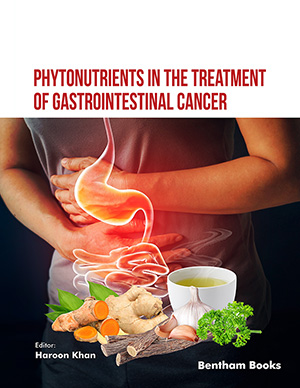Abstract
Cancer is considered one of the primary causes of death all over the world; Thus, there is an urgent need for its management. Anticancer drugs available in the market target rapidly growing cells while unable to distinguish between healthy and tumor cells producing significant side effects resulting in discontinuation of therapy after a few months. On the other hand, phytochemicals can induce similar potential effects on cancer cells with less or no side effects deliberately leaving non-cancer cells. However it takes a relatively more extensive period for noteworthy results. The United States Department of Health and Human Services governs Food and Drug Administration (FDA), which accounts for public healthcare, food, and drug product endorsement. Particularly a drug product approval requires ultra-precautions; therefore, multiple safety measure steps are followed right from target-based high-throughput screening process to clinical trials. In the past few decades, the FDA has approved several anticancer drugs, either phytochemicals or derived synthetic drug molecules; thus, using phytochemicals isn’t a new idea in biomedical research. Due to the very stringent criteria of the FDA for drug approval, many potential phytochemicals and molecules fail to pass clinical trial phases. In this book chapter, we have discussed the stepwise drug approval process followed by enlisting approved or potential phytochemicals in the drug discovery pipeline and their limitation in approval.
Keywords: Phytochemicals, FDA, IRB, Cancer, Clinical trials, Drug, Phenol, Terpenoids, Flavonoids, Alkaloids.






















